In recent years, there has been an increase in massive amounts of red macroalgae, more commonly known as red seaweed, washing up on the shores of Cape Cod beaches. When you visited your favorite beach, you may have seen mounds of this invasive macroalga species called Heterosiphonia japonica, which is native to the North Pacific Ocean. This macroalgae was first documented in Rhode Island in 2007 and is now found along the coast from Maine to New York. To learn more about this invasive species’ rapid expansion in New England, read this article.

We have also seen an increase in the occurrence of red tides, the common name for microalgal blooms usually associated with saltwater. Now referred to as harmful algal blooms — or HABs, the “red tide” can cause fish kills and shellfish poisoning, release toxins in the air, and, in some instances, can contaminate drinking water. Offshore, the upwelling of nutrients from the sea floor, often following massive storms, triggers the algae and results in these HAB events.
The last red tide outbreak to impact Cape Cod was in 2005 and resulted in shellfishing closures from Maine to Nantucket. These closures cost millions of dollars in lost revenue for shellfishermen and affiliated businesses. In 2019, a red tide formed from New Hampshire to Duxbury, which threatened, but didn’t impact Cape Cod’s waters.
Thank you to Don Anderson, a Senior Scientist in the Biology Department at the Woods Hole Oceanographic Institution (WHOI), for his fascinating discussion about red tides, which was presented last week as part of a Massachusetts Institute of Technology (MIT) Environmental lecture series. In his “The Global Problem of Red Tides and Harmful Algal Blooms” presentation, Don puts a focus on the status, trends, and new technologies for monitoring and managing the diverse red tides appearing around the world.
To learn more about red tides and the work being conducted by Don and his colleagues at WHOI, check out the following resources:
